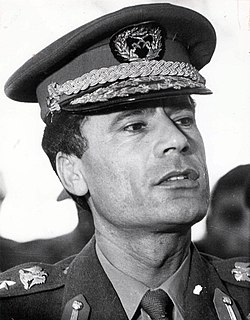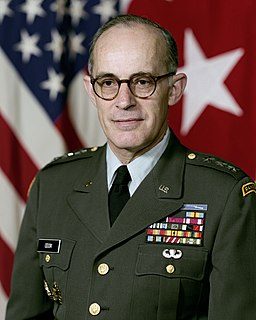A Quote by David Petraeus
During the surge in Iraq, we were able to roll back the tide of al-Qaeda and associated insurgents because we succeeded in mobilizing Iraqis - especially Sunni Arabs - to join us in fighting against the largely Sunni extremist networks in their midst.
Related Quotes
By the end of 2008, clearly, the al Qaeda and Sunni insurgency had been relatively stabilized. And in the al Qaeda's mind, they were defeated. They actually said that in many of their transmissions that we were able to pick up. And the Shia militia, largely those trained by the Iranians in Basra and also in Sadr City, had been defeated.
Let me begin by saying that we have to understand who ISIS is. ISIS is a radical Sunni group. They cannot just be defeated through air strikes. Air strikes are a key component of defeating them, but they must be defeated on the ground by a ground force. And that ground force must be primarily made up of Sunni Arabs themselves, Sunni Arabs that reject them ideologically and confront them militarily.
Some Pakistanis fought for the Taliban. Pakistani extremist groups provided infrastructural support to Al Qaeda. There was a coming and going of Al Qaeda militants and leaders between Afghanistan and Pakistan for several years. All that has really happened is that Al Qaeda has escaped from Afghanistan come into Pakistan, got in touch with their contacts and friends in these extremist groups, which then provided them with safe houses, cars, and not just in the border areas but also in the cities. Rooting out Al Qaeda in Pakistan now is where the main battle is being fought.
The Western alliance should have supported the Sunni opposition against the Assad regime from the beginning. As far as Iraq is concerned, if it had stayed stable the way it was in 2008, IS would not have been able to expand in Iraq the way they did. The mistake was that Barack Obama withdrew the armed forces from Iraq too fast.

































